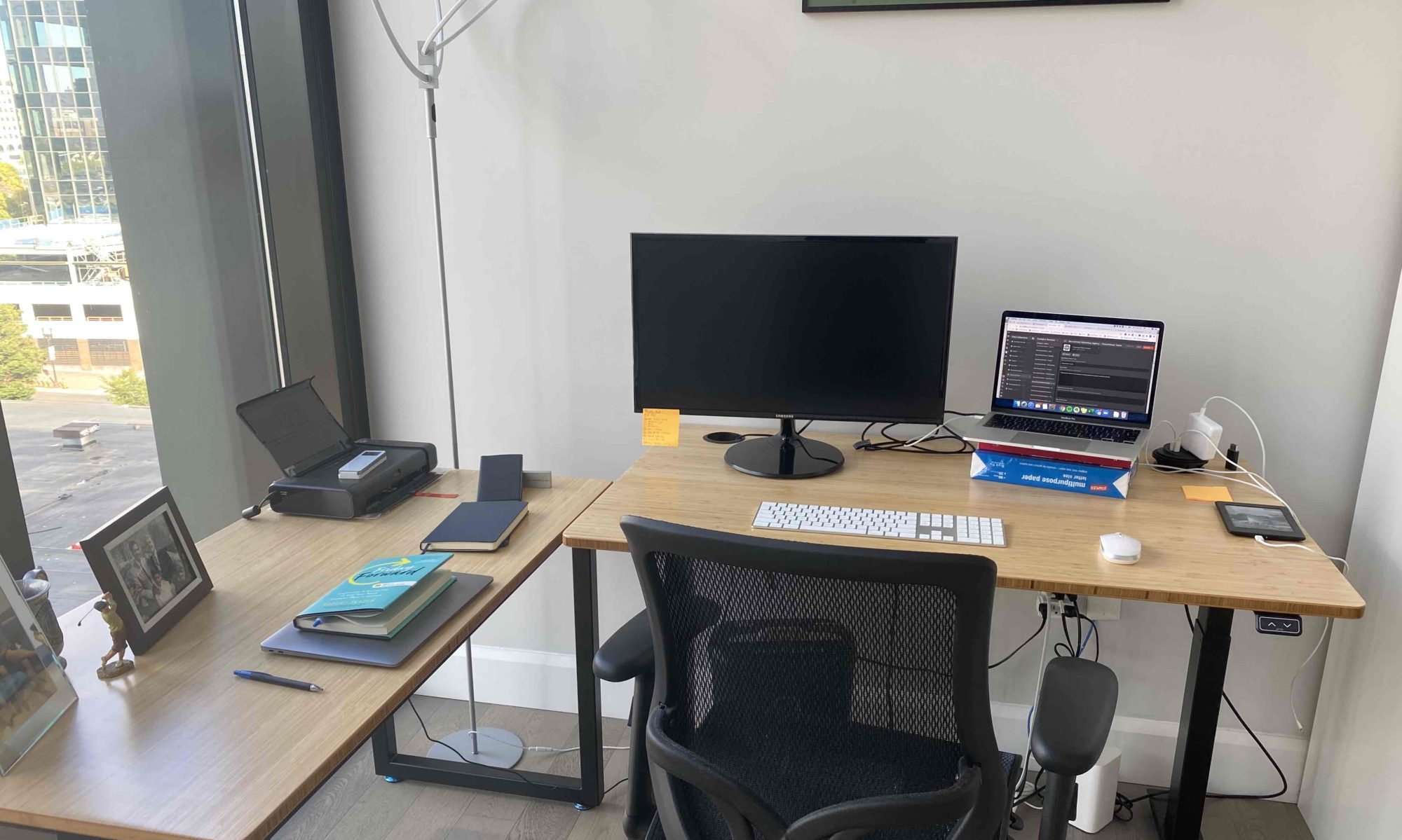I touched upon my dislike for the Efficient Market Hypothesis (EMH) in an earlier post, but thought I’d bring it up in a little more depth here.
The EMH is a framework for thinking about the stock market that is taught in many undergraduate and MBA programs. Basically, the theory states that all information that is publicly available is reflected in a stock’s price. So, when a company announces a new partnership, the stock pops at that moment and perfectly reflects the expected value of this new partnership. The information made available to the public is now supposedly reflected in the price.
But, the reality is that not all information is readily available (even if it is public). And, many times you have to dig. That may mean calling on people in your network who have specific knowledge you’re after, reading obscure blogs, or reaching out to someone who is in the know. We do this a lot at Bessemer to try to better understand industries and companies we are interested in.
I’m bringing this up as a result of my experiences in our ongoing efforts to find a new analyst to start this summer. We’ve interviewed a lot of candidates, and many of them have made me realize how lucky I was to have gotten this job in the first place (there are a lot of smart people out there!). But, the few that that have stuck out obviously did their homework to understand the job, the recruiting process, and woven these knowledge points into their interviews. They’ve read a few blogs written by our professionals (especially the posts about the analyst recruiting process, which exist), researched our portfolio, and have asked friends in VC what it’s like.
The 5% of candidates who have done this work have stood out – and in my mind they have gone beyond what is public knowledge of our firm and what we do, in order to give them an edge.
More generally, this type of digging seems to be what separates people who are pretty good at something from the people who are the best. When I talk to friends working at some of the most successful hedge funds, I ask how they can make money on a consistent basis when so many people fail. The answer is almost always that they spend extra time figuring out what exactly is going on in a market, and going off the beaten path to solidify their investment thesis. They are rewarded quite quickly through higher returns and a bigger pay check.
But, I think this sort of methodology applies to many facets of life beyond investing: everything from sports to building a business (MyCityWay for example is a company that is leveraging publicly available info to build a cool mobile app – apparently few others building this type of app had came across these data sets). And, I can remember back in my wrestling days breaking down tapes of Russian wrestlers to try to learn techniques that my opponents hadn’t seen before and wouldn’t know how to defend.
These sorts of data are quite valuable, but even more so is the mentality of digging in order to get an edge. I just hope I can keep that mindset and try to find new ways of getting those advantages as life goes on because I truly feel those small advantages add up in a big way over time…
